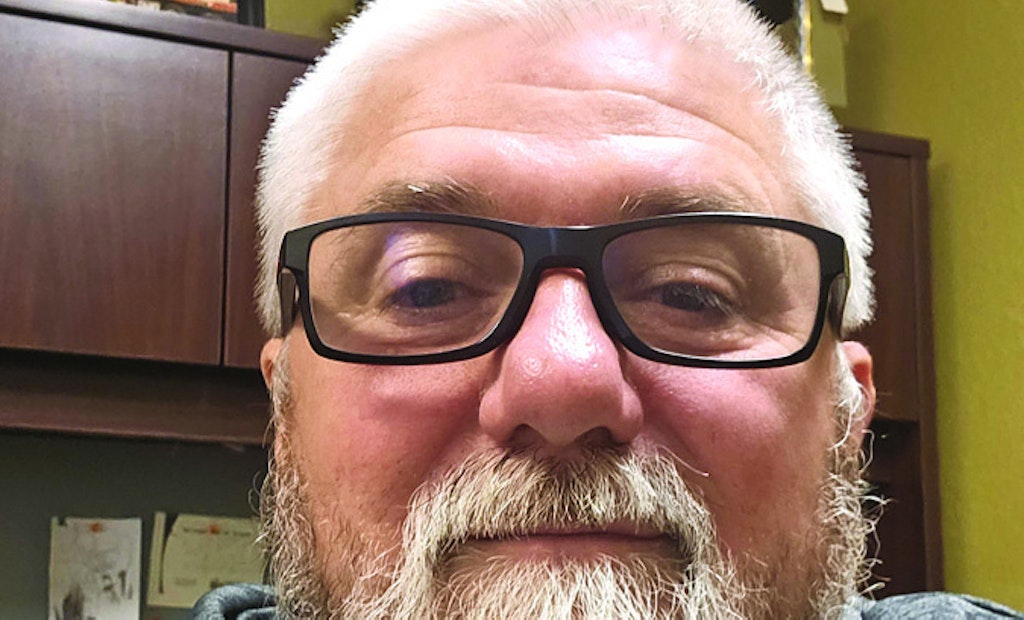In September 2023, pumper Cary Zeschke received what appeared to be a routine call from a customer asking if he sold septic tank lids. But when the guy went on to explain why he needed it, Zeschke was horrified. The man’s wife and three-year-old had walked over to the...
Homeowner Education is the Key to Lid Safety
When a local child nearly fell into a septic tank, Illinois pumper Cary Zeschke began reaching out to identify septic tank dangers
Popular Stories
Discussion
Comments on this site are submitted by users and are not endorsed by nor do they reflect the views or opinions of COLE Publishing, Inc. Comments are moderated before being posted.






